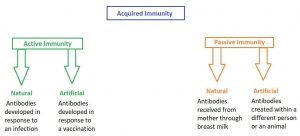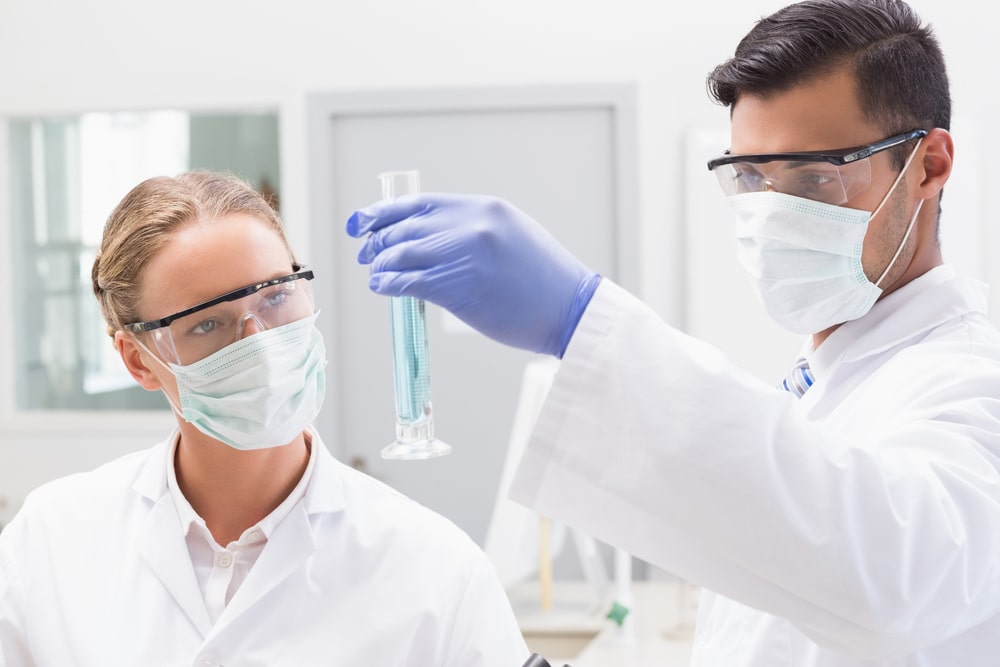Usually when a person gets infected with a virus, the body develops antibodies that provides protection against the same virus in the future, the duration of that protection varies depending on the type of the virus.
OverView
What type of immunity do you get with the Covid-19 Vaccination? And how long does it last?
There are 2 ways to get immunity for the COVID-19:
-
By contracting an infection
-
By vaccination

If you get infected with the chickenpox virus, you will develop lifelong active immunity.
If you get infected with the Flu Virus your immunity will not be lifelong. This is because there are many variants of the Flu Virus.
The COVID-19 SARS-CoV-2 Virus is somewhat similar to the Flu Virus. Studies showed that antibodies to the new coronavirus did not last long, and dropped sharply in the months following COVID-19 recovery in more than 90 percent of both symptomatic and asymptomatic patients.
The other way is vaccination, when the vaccine is injected (mRNA), the cells use them to make the proteins that will be present on the cell surface, our immune system will recognize it and start making antibodies to protect the body against future infections.
Both these ways give the body a short active immunity against COVID-19.
How can we acquire a passive immunity for COVID-19? Blood products: Various blood products can contain antibodies. Such as convalescent plasma. This is usually used to treat severe cases of COVID-19 infections.
The different types of COVID-19 Vaccines
There are four types of vaccines in clinical trials: whole virus, protein subunit, viral vector and nucleic acid (RNA and DNA), each of which protects people, but by producing immunity in a slightly different way. There are more vaccine candidates simultaneously in the pipeline for COVID-19 than ever before for an infectious disease. All of them are trying to achieve the same thing – immunity to the virus, and some might also be able to stop transmission. They do so by stimulating an immune response to an antigen, a molecule found on the virus. In the case of COVID-19, the antigen is typically the characteristic spike protein found on the surface of the virus, which it normally uses to help it invade human cells



